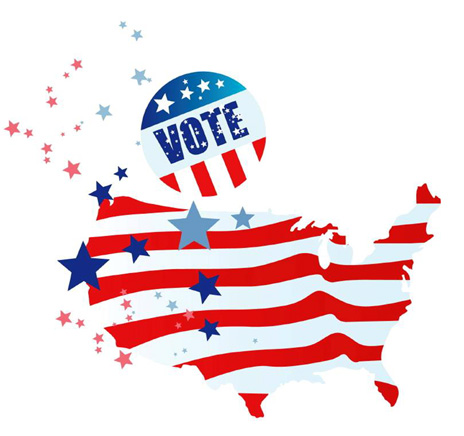
A security research worker has discovered the data of more than 1.9 million voters. This information was likely available on the web as a consequence of a poorly designed database. The database consists of complete names, address contact information, political affiliations, date of birth, telephone numbers and email addresses of all the people who voted in the United States of America, including the capital of the country.
This raw information was found on the internet when a security specialist was searching the web for information about data leaks. According to sources, he was curious and searched for his personal name in a database and was shocked to find a complete list of his personal information. The collection also contains an in-depth voting record that dates back to the early 2000’s, fields for voter prediction scores, a unique voter ID, state voter identification, gender, and a yes & no selection for telephone numbers (if the individual is registered on the do not call listing).
Fortunately, the database did not have SSN, Social Security numbers or any banking insight; however, the leak of a persons complete name, DoB, permanent or current address, contact number, political affiliation and other similar information, could potentially become a major problem when it comes to protecting one’s privacy and personal information.
Although voter information is commonly viewed as open or public information, if the data was to ever fall into the wrong hands, the consequences could be disastrous. A collection of virtually all United States voter records could possibly be beneficial to scammers hunting for records of numerous targets. The worrying component of this bid is the fact that the material is so centered. The person or people who own it have not yet been identified; however, the security professional and federal authorities are working together, in this case, to remove the information from public view.
The Federal Bureau of Investigation (FBI) has refused to make any comments as of yet, but a United States Federal Elections representative that controls campaign funding stated the department has no power over safeguarding voter data. It is possible that the open details could have initially been leaked from a campaign program developed by Nation Builder, considering that the leak consisted of data types that are similar to those applied by that organization.
In a report, Jim Gilliam, Chief Executive Officer of the Nation Builder, stated that the collection had not been put together by the Californian firm, despite the fact that most of its details might have fallen out of the information it openly provides to governmental activities. “From what we have observed, the voter details listed happen to be freely obtainable from every local government, so no fresh or personal data was published in this data source,” says Gilliam.
Gilliam additionally claimed that they never offer accessibility to individuals that have non-political reasons, and has stated that the firm is not in breach of any state laws. Laws on safeguarding voter information change from one state to another, with several states imposing no limitations.
Many security specialists support the fact that these discoveries are troublesome. Director of the Washington-based Center for Digital Democracy, Jeff Chester says that privacy rules are a necessity when protecting an individual’s political records. A number of other databases have been discovered on the internet; as a result, many believe that there should be a referendum on handling private data.
Source: The Hacker News
You want to support Anonymous Independent & Investigative News? Please, follow us on Twitter: Follow @AnonymousNewsHQ
This Article (Personal Information of Millions of Americans Has Been Leaked) is free and open source. You have permission to republish this article under a Creative Commons license with attribution to the author and AnonHQ.com.





Glad you’re reporting on it… certainly isn’t in the media, yet. Just filled out a Gallop poll 2 days ago on how I feel about my security on the internet. I was right on, don’t feel secure at all.